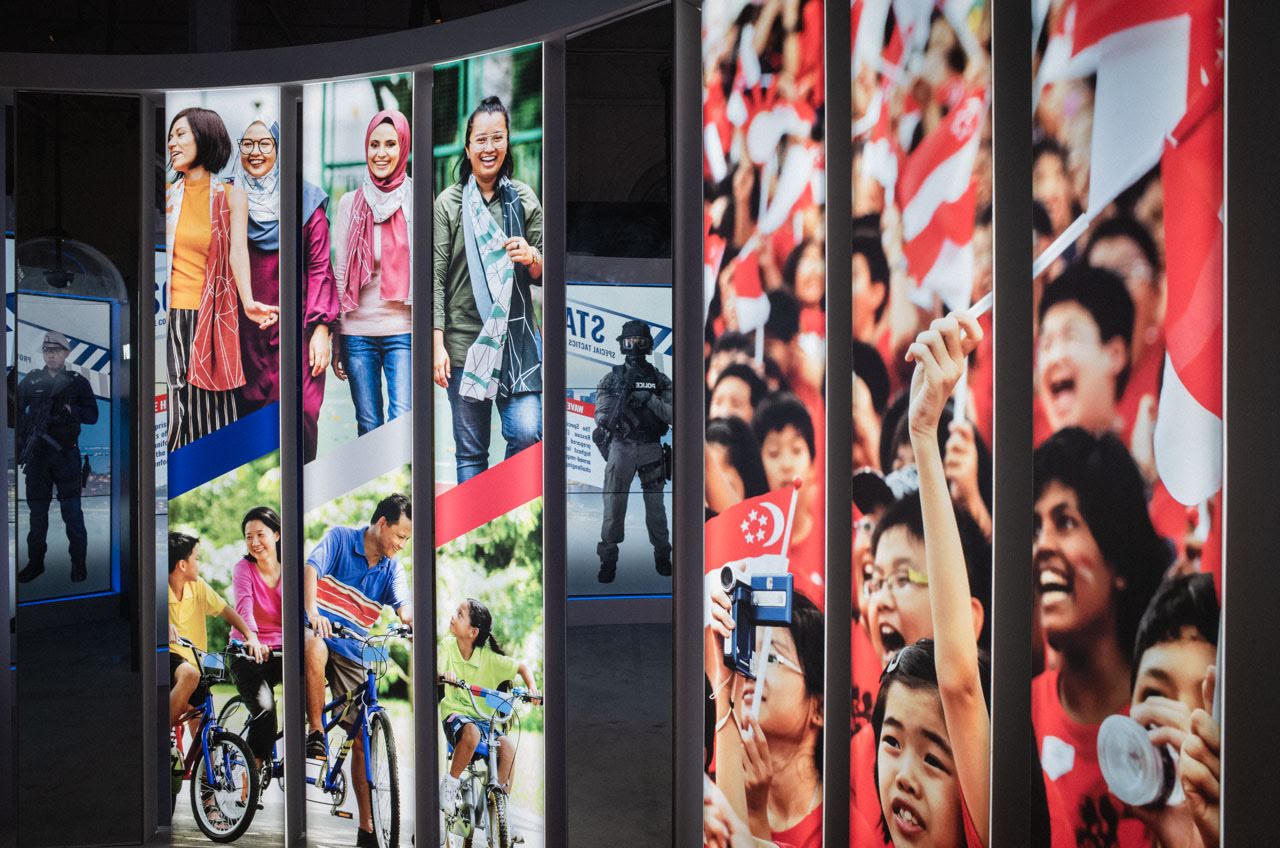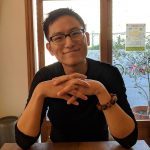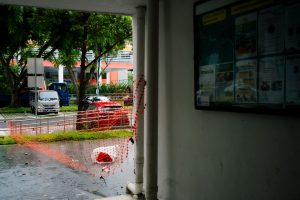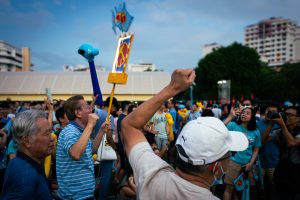January 2020 marked the first time I’d ever voted in a Taiwanese presidential election. This despite being thirty one years old, having been eligible to vote for over a decade.
Over the years, I’ve come up with many excuses for my political apathy. First, Taiwan has no absentee ballot for its citizens abroad, and I had been based in North America for the past decade. Second, my preferred candidate in the previous three contests went on to win anyway without my help.
But the third and final reason is closer to the truth:
I didn’t really believe that my vote mattered.
Before I knew it was a thing, I subscribed to the PAP’s ‘silent majority’ argument: most people are going to vote along familiar lines, for ‘bread and butter’ issues. As much as we’d like to believe otherwise, what happens in online echo chambers doesn’t truly reflect what goes on at the polls.
So what was the point?
If democracy is broken, as some activists claim, it’s because people are broken too. Technology has dulled our senses, making us more willing to trade in freedom for security. In the end, we’ll elect the leaders and representatives we deserve.
Then, in Summer 2019, the protests in Hong Kong erupted, and young Taiwanese voters like myself started to see things differently. We saw our own futures, not as some abstract hypothetical, but as a concrete, dystopian outcome that was playing out in real-time.
That’s when I realised that my absence in the democratic process made me complicit in its current state of decline.
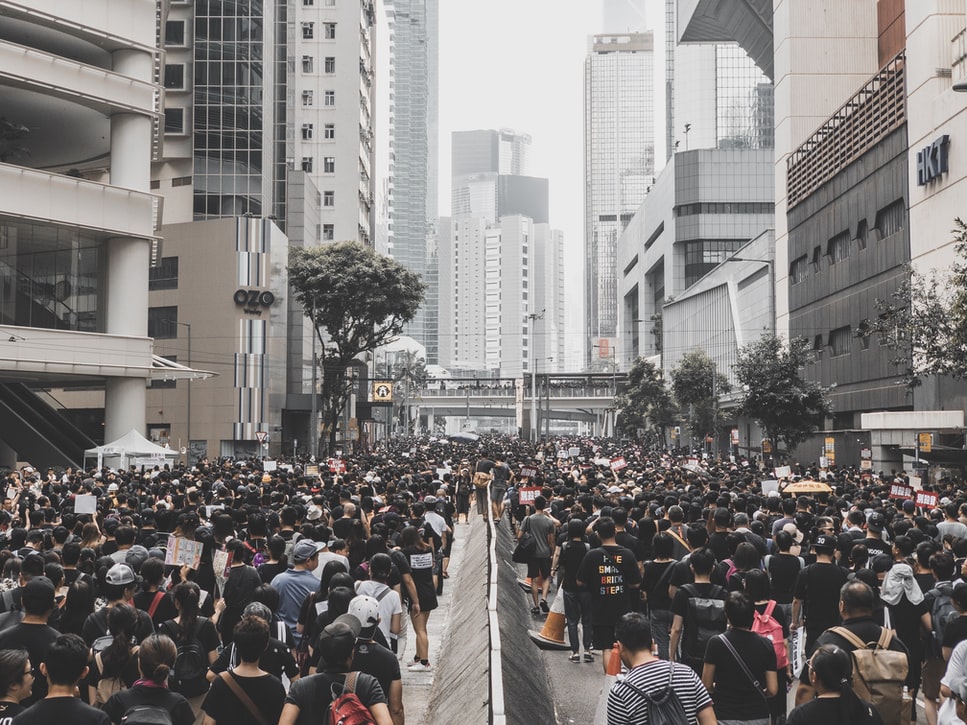
How to Rig an Election
In the book How to Rig An Election by Nic Cheesman and Brian Klaas, the authors argued that in 2020, the presence of the ballot box is no longer the antithesis of authoritarianism. Instead, elections have become the best way to legitimise authoritarian rule.
To quote the book:
“Authoritarian systems that hold elections, but do not allow opposition parties to meaningfully contest them, do prove to be more durable than those who do not. To put it another way, if authoritarian leaders can hold elections without losing, they can have their cake and eat it too, boosting their resources and legitimacy, while retaining their grip on power.”
This phenomenon isn’t isolated to just one part of the world.
In the past twelve years, more countries have experienced ‘democratic backsliding’ than ‘democratic consolidation.’ In other words, while more elections are being held than at any other time in history, the world as a whole is becoming less democratic.
According to Freedom House, a U.S.-based think tank, in 2017, 71 countries suffered net declines in political rights and civil liberties, while 35 countries registered gains. This represented the worst annual ‘democratic recession’ over the past two decades.
Strangely, this recession is happening amidst a growing prevalence of multi-party elections, which suggests that while more elections are being held, more elections are also being rigged.
The book outlines the five main strategies used to rig elections:
1. Gerrymandering
2. Vote buying
3. Cyber influencing campaigns
4. Violence (or threats of violence)
5. Ballot box stuffing
As regimes move down the list of strategies, the risk of being exposed increases, as are the penalties (eg. domestic protests, international sanctions).
Which is precisely why the smartest authoritarian regimes start the rigging process early, using whatever powers are available under their constitution to change the rules in their favour. In fact, the earlier a regime can lay the groundwork for their next victory at the polls, the less blatant the tampering needs to be in the days leading up to it.
As with any game, there will always be the amateurs who wait until the last moment to start rigging.
Take Azerbaijan, which released an official mobile app to report the results from its 2013 presidential elections—only for the app to accidentally reveal the incumbent’s landslide victory a day before any votes were cast. Or Madagascar President Andry Rajoelina shutting down the country’s airports (twice) in 2012 to prevent his rival’s plane from landing in time to register as an opposition candidate.
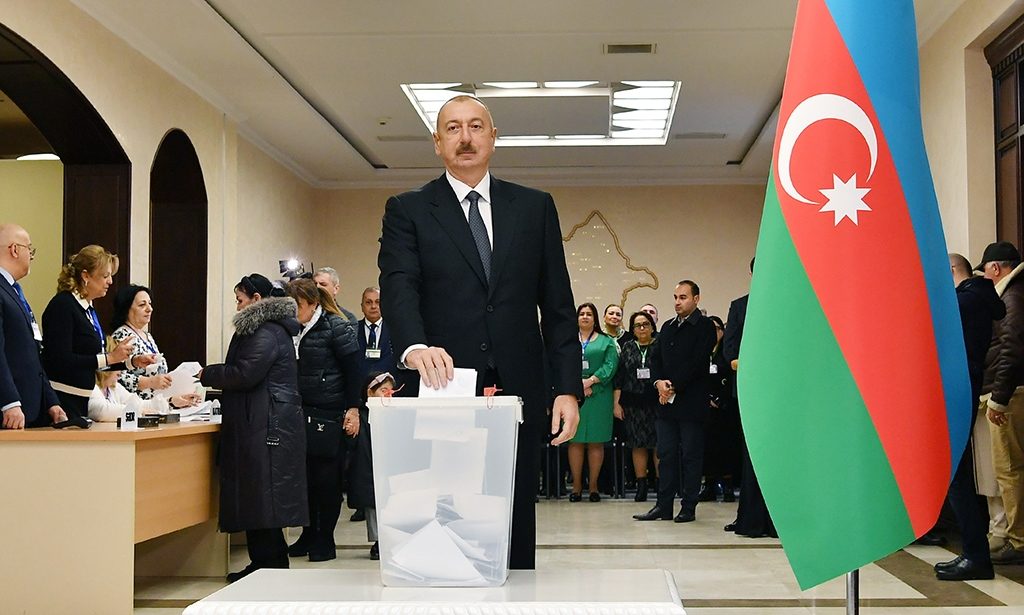
But the most successful examples at electoral rigging are more insidious. They are ‘successful’ precisely because they don’t make international headlines. Which is to say that democratic erosion happens imperceptibly, by small cuts, over many years, until the day arrives when one wrong leader ascends to power, or one wrong law gets passed.
Then democracy dies overnight.
What GE2020 Was Really About
In this book, Singapore and Lee Kuan Yew get a passing mention.
The authors cited LKY as one example of a ‘less personally corrupt leader’ who did not seem to have enriched himself through the organs of the state.
However, they noted that ‘authoritarian leaders’ in the vein of LKY are very much exceptions to the rule. Most authoritarian regimes that are dominated by a single party do not develop the robust governance structure of Singapore.
This, in my opinion, drives at the heart of GE2020: LKY is widely regarded as an exceptional leader. His nation-building track record speaks for itself.
But should Singapore democracy be crafted in the image of an exceptional leader? Is the Singapore model too reliant on the competence and integrity of a few leaders at the top?
When you take away all the politicking and mudslinging, this was the defining issue of GE2020.
It’s the reason why Worker Party candidate (and now incoming MP) Jamus Lim’s ‘blank cheque’ analogy at the first GE debate resonated so strongly with Singaporeans, catapulting him and his Sengkang GRC team into parliament, and the WP to 10 seats.
To sum up the opposition argument: a democracy that consists of a single-party supermajority, built on the track record of an exceptional man is flawed and unsustainable because:
1. Men may not always be exceptional, and
2. The ruling party may not always prioritise Singapore’s interests above its own
This opposition argument wouldn’t have been as convincing without the events surrounding Covid-19.
The 4G leadership’s perceived mishandling of the Covid-19 crisis raised alarm bells for some Singaporeans – especially in light of the considerable powers that Ministers wield under Singapore’s democracy.
Then there was the timing of GE2020 itself. Without speculating on the PAP’s intentions, the optics didn’t look good. It created the perception that the PAP was prioritising their own political interests above the wellbeing of Singaporeans.

Younger voters are also catching on. For the first time in Singapore’s history, they’ve started to test the institutions that they’ve taken for granted. Shoo-in candidates under the GRC system like Ivan Lim were tried in the court of public opinion. Following the filing of a police report against Raeesah Khan for “promoting enmity between different groups on grounds of religion or race”, Singaporeans responded by filing police reports of their own against the netizen who shared the screenshots, DPM Heng Swee Keat, and Education Minister Ong Ye Kung, to test whether Singapore law would be enforced impartially.
To cap this all off, a member of the Lee family, Lee Hsien Yang came out publicly in support of the opposition, declaring that the PAP had ‘lost its way’.
Singapore’s Path Toward a Stronger Democracy
Maybe I’m just too ‘Westernised’ to appreciate the delicate wok hei of Singapore democracy.
To no one’s surprise, the PAP has retained its supermajority in parliament. Their track record, while not without blemishes, suggests that they will continue to exercise some restraint in wielding the powers of their less-than-perfectly-strong mandate.
This, however, is not the point of this election.
GE2020 has raised important questions about the strength of Singapore’s institutions and the resilience of its democracy. Young voters, who will come to dominate the electoral landscape in 2025, are becoming more politically aware: of the importance of checks and balances, and the dangers of homogeneous thinking.
While they respect the many achievements of the past, they’re looking to the future.
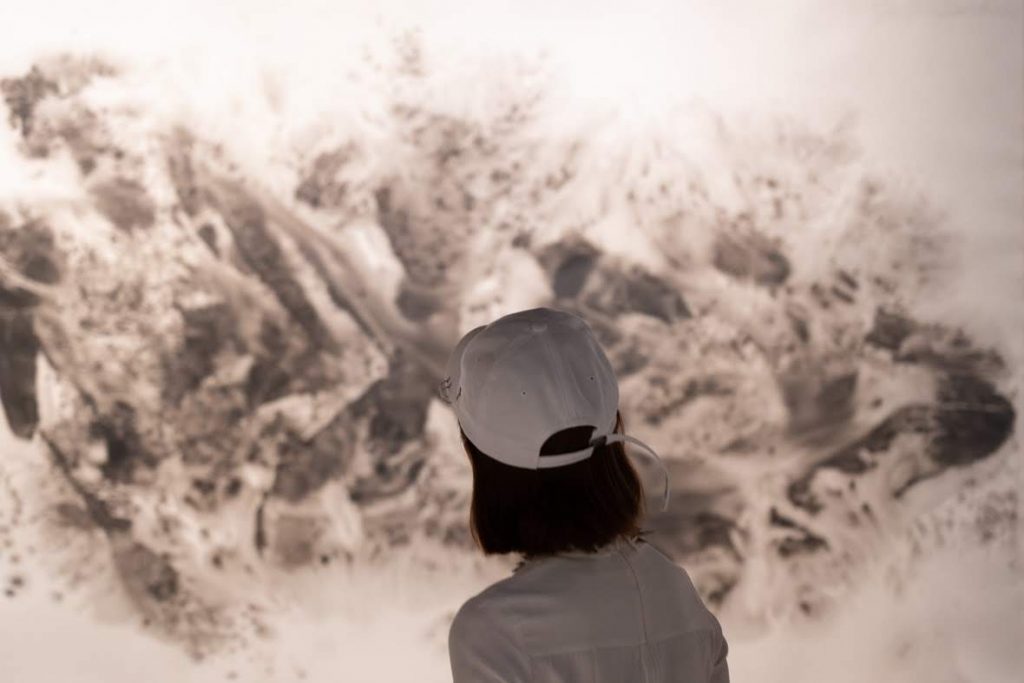
If there’s one thing that Singaporeans can take away from GE2020, it’s that protecting the integrity of the democratic system goes beyond the results of one election. Recognizing this fact is real political progress. It is the first step to ensuring that Singapore develops long-term safeguards for its democracy.
I can’t speak for all Singaporeans, but as a first-time voter, I finally understand what’s at stake.
The situation in Hong Kong and the 2020 Taiwanese election changed things. Younger Taiwanese have never appreciated the messiness and imperfections of our democracy more.
It’s what makes us stronger in all the broken places.
Disagree with the writer’s Westernising influence on Singapore politics? File a police report with us at community@ricemedia.co.

